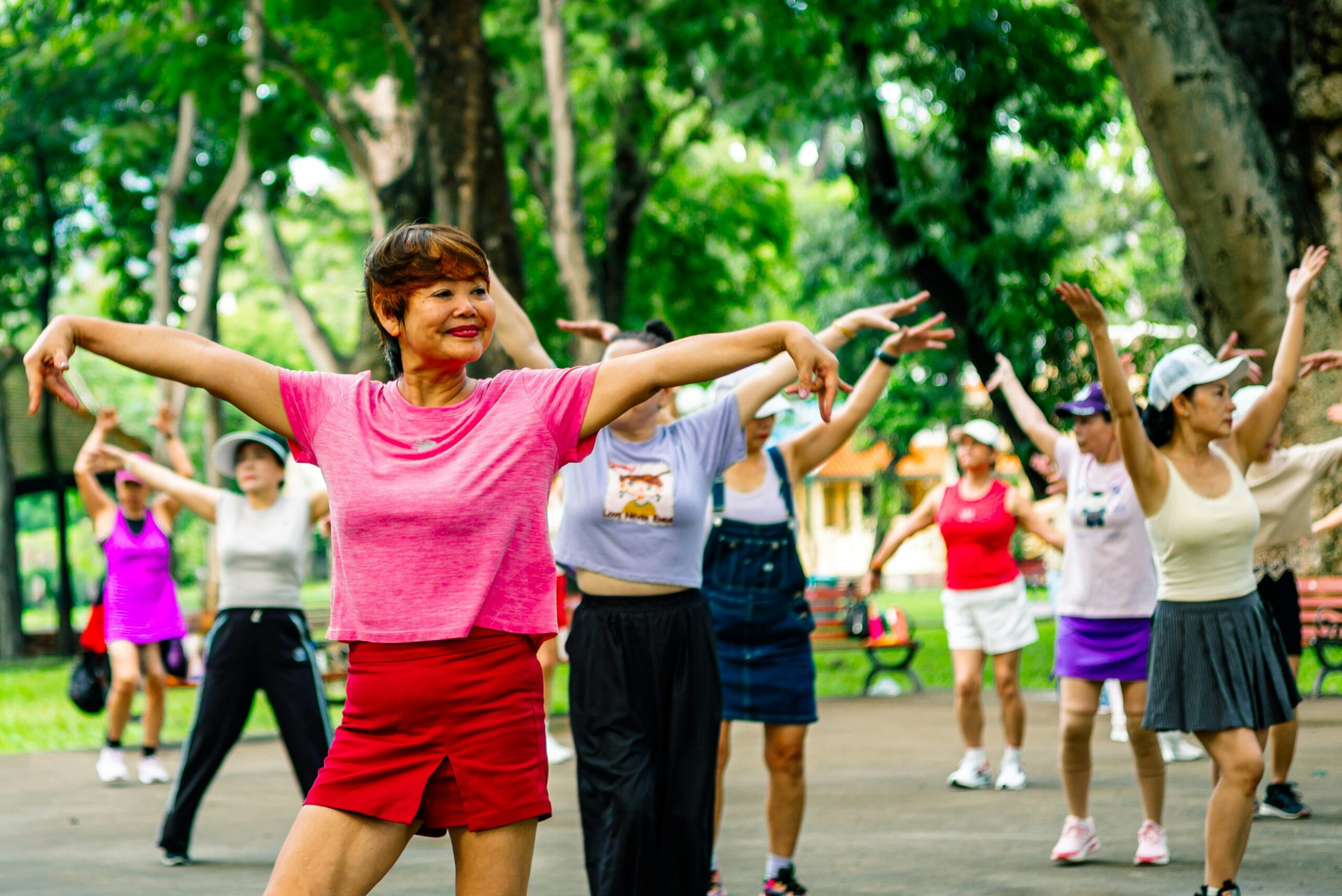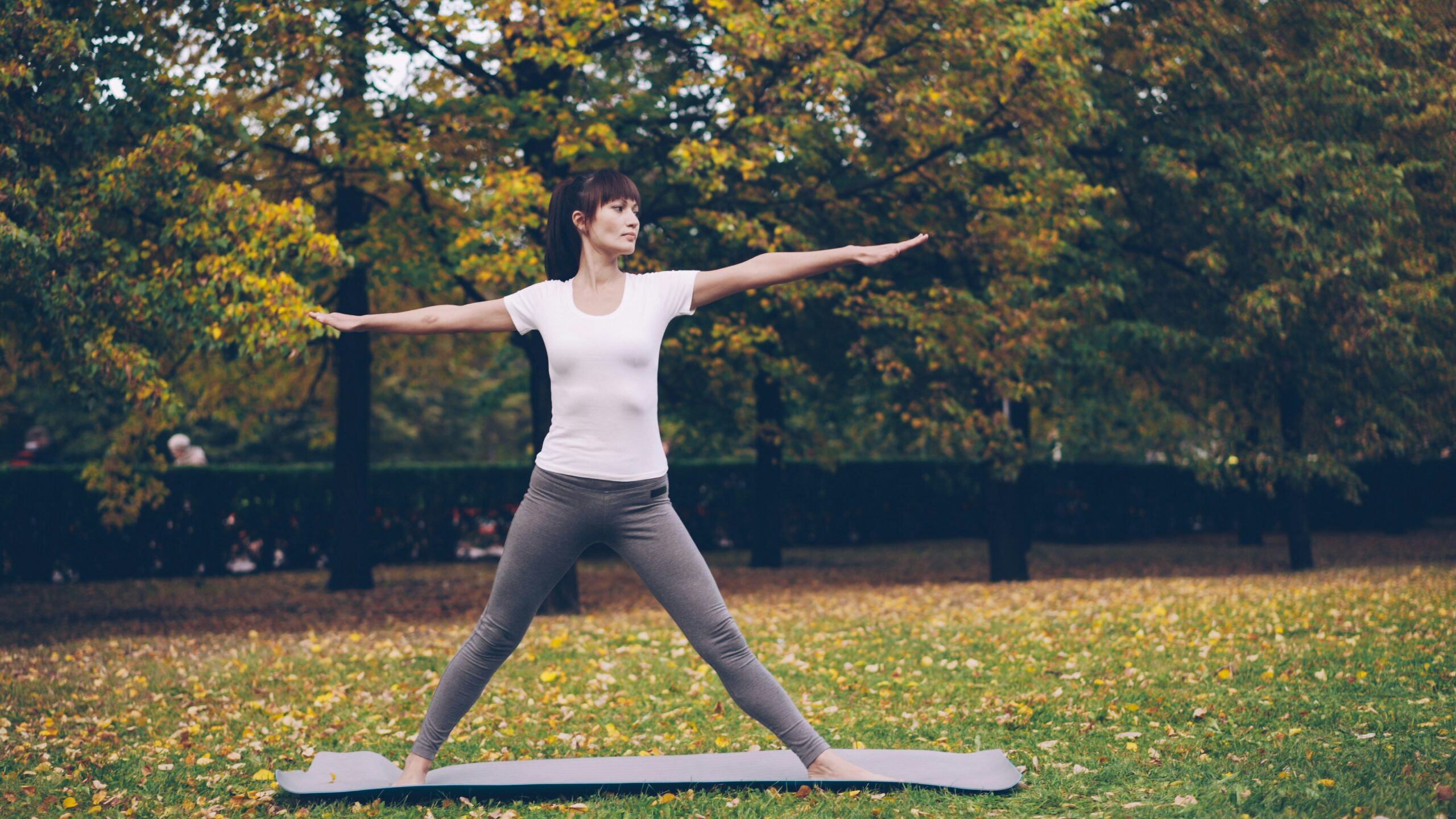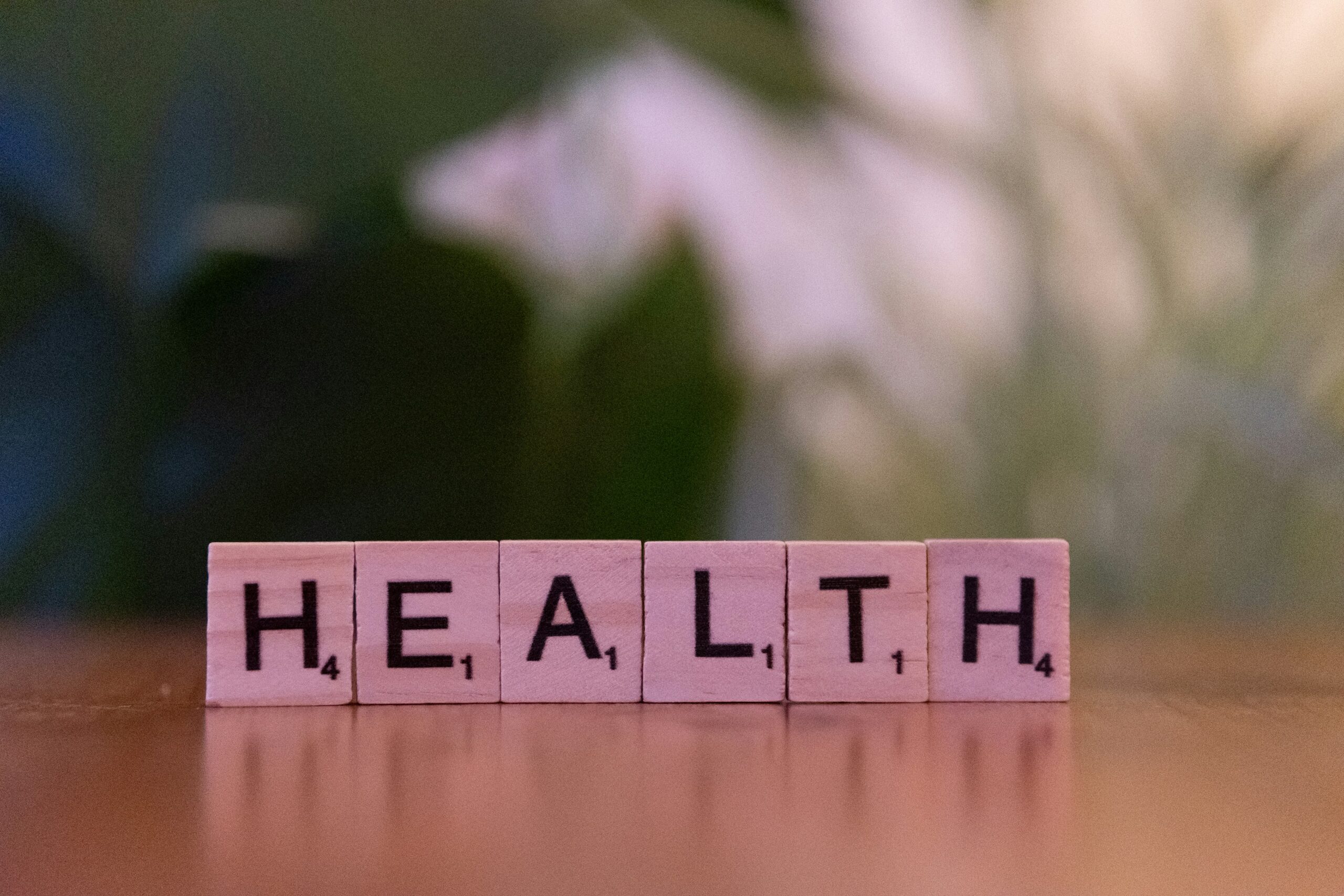Boost Your Social Health: 6 Powerful Ways to Transform Your Connections
Introduction
In a global buzzing with virtual notifications, endless scrolling, and digital meetups, something essential is quietly slipping through the cracks: social health. While we often prioritize bodily health and mental readability, the exceptional of our relationships—our social fitness—remains one of the maximum not overlooked but powerful pillars of overall fitness. But what precisely is social health? And why is it be counted greater than ever?
When nurtured, strong social health can improve immunity, lessen stress, promote growth and durability, and even sharpen your thoughts.
In reality, studies display that human beings with sturdy social networks are 50% more likely to live longer than people who are socially remoted. That’s now not just superb—it’s existence-converting.
So if you’ve been feeling disconnected, lonely, or emotionally tired notwithstanding being “connected” online, it’s time to shift your attention. This article famous five powerful, science-subsidized methods to transform your social fitness and, in turn, raise your overall well-being. Let’s dive in.
Table of Contents
1. Cultivate Authentic Communication: The Heart of Healthy Relationships
The basis for any meaningful relationship is authentic communication. Still, in our sharp traditional lifetime, we are often limited to surface-level chat, fast texts, or performing social media posts that listen to the depth that requires proper social health, and remember it.
Authentic communication means showing your real self -exposure, honesty and presence. It’s about listening to understand, not just to answer. It asks, “How are you, really?” – And that means.
Why does it mean something to health?
Research from Harvard University found that deep, meaningful interaction reduces feelings of loneliness and increases emotional flexibility. When we express and feel honest, the brain releases oxytocin – a “binding hormone” – which reduces cortisol (stress hormone) and strengthens confidence.
Tip: Practice active consultation. Keep your phone down, contact your eyes and reflect what you hear. Say such things, “it seems you feel overwhelmed. Is this right?” This small round creates emotional safety and elaborates on the connection.
Don’t be afraid to share your own matches. People are not weak – this is courage. And it also invites others to do it, creating a wave effect of authenticity.
2. Build a Supportive Social Circle: Quality Over Quantity
You don’t need hundreds of friends for good social health. You need some deep, useful conditions. Think of your circle as a garden. You may have dozens of plants, but if the soil is poor and the care is inconsistent, nothing will grow. But with some well-planted plants, you can grow something beautiful.
Science of connection
A historical study published in PLOS Medicine analyzed data from more than 300,000 people and found that strong social conditions increase the survival rate as much as quitting smoking, and more than regular exercise or a healthy diet.
But not all conditions are the same. Toxic, unilateral, or drawing connections can damage your health. This is why it is important to revise your circle:
Who picks you up? Who listens without a decision? Who celebrates your victory and supports you in difficult times?
Identify your main supporters – the 3 to 5 people you can trust – and invest in them. Plan regular calls, plant trips, or just send a solid message. And if you have such a connection? Start little. Join a hobby group, participate in volunteering, or take a social class. Shared activities create natural opportunities for bonding. Remember: Social health grows in the soil of mutual care.
3. Set Healthy Boundaries: Protect Your Emotional Energy
Here is a truth that we often ignore: If you are emotionally finished, you cannot be socially healthy. Many people associate social health with continuous accessibility – always say “yes”, as a listener, or to keep others first. But this leads to burnout, resentment, and eventually a return.
Healthy boundaries are not walls. They are Porter-they let you choose which conditions and interactions serve your good.
How do the limits improve fitness?
Setting boundaries reduces stress, prevents emotional overload, and promotes respect in relationships. When you say, “I can’t talk now, but I will call you tomorrow,” you don’t reject anyone – you are respected by your health.
Examples of healthy boundaries:
Master, don’t say for social events when you need rest, ask for space when overwhelmed,
Communicate your requirements clearly and communicate.
Pro Tip: Use “in” Statement. Instead, “you never hear,” try “, I feel unheard of when I am interrupted. Can we stop and restart?” It keeps the conversation creative and non-debating.
When you protect your energy, you show more completely in your conditions – current, patient, and connected.
4. Embrace Digital Mindfulness: Reclaim Real Connection
Let’s face it: the era has transformed how we relate. While social media and messaging apps keep us “linked,” they regularly create the illusion of intimacy without the intensity.
Scrolling through curated feeds could make you feel lonelier, not much less. Endless notifications pull your interest in a million directions, making a real presence almost impossible.
The Cost of Digital Overload
A 2023 examine from the University of Pennsylvania discovered that restricting social media use to 30 minutes a day considerably decreased loneliness and depression. Why? Because actual social fitness flourishes on face-to-face interplay, shared studies, and non-verbal cues—matters displayed can’t be completely mirrored.
Action Steps for Digital Mindfulness:
Designate tech-loose zones (e.g., dinner desk, bedroom)
Turn off non-critical notifications
Replace one social media consultation with a real verbal exchange
Try a weekly “digital detox” day
And while you do join online, make it significant. Send a voice notice as opposed to a text. Have a video name in preference to a talk. Use technology to decorate, no longer replace, the human connection. Remember: Your telephone is a tool, not a choice to present.
5. Practice Empathy and Gratitude: The Twin Engines of Connection
Sympathy and gratitude are quiet moments of social health. They do not require beautiful gestures – small, frequent acts of goodness and consciousness.
Sympathy: To look through the eyes
Sympathy is the ability to understand and share the feelings of another person. This is not about fixing their problems – it’s about saying, “I’m here. I see you. You’re not alone.”
When practicing sympathy, you strengthen emotional ties and create a safe place to open others. This is the essence of mutually caring-related fitness.
Try this: Next time someone shares a match, it is to oppose the request to advise. Instead, it says: “It seems very difficult. I am here to you.” You will be surprised at how deep the conversation will be.
Gratitude: glue of relationships
The gratitude is not just for thanks. Expressing praise – whether through a note, a lesson, or a simple “thank you” – reinforces connection and makes others feel valuable.
A study of the University of Georgia found that gratitude for expressed in more relationships than any other positive behavior. It builds trust, reduces conflict, and increases relationship with relationships.
Simple gratitude practice:
Send “Your Thinking” message once a week
Thanks to someone for a little friend with goodness
Keep gratitude to the journal that focuses on people, not on things
When you lead with sympathy and gratitude, your conditions become transfers to changes
6. Why Social fitness Is the Missing Link in Total Wellness
We’ve been taught to pay attention to food regimen, workout, and sleep for optimal fitness—and rightly so. But without sturdy social health, even the fittest body and clearest thoughts can feel empty. Think of it this way:
Physical health keeps your frame strong.
Mental health keeps your mind resilient.
Social fitness maintains your soul nourished.
And the three are deeply intertwined. Poor social health increases the threat of tension, melancholy, and coronary heart disease. Strong social health, on the other hand, acts as a buffer towards life’s demanding situations—assisting you recover quicker from setbacks and enjoy life more completely.
As psychologist Dr. Julianne Holt-Lunstad puts it:
“Social connection is an organic want—just like food, water, and refuge. Without it, our health suffers at each stage.”
Final Thoughts: Your Social Health Is Worth Investing In
You don’t need a big institution or an ideal social lifestyle to have great social health. You simply want goal, courage, and consistency.Start small:
Text a friend with an actual “How are you?”.Set a boundary with kindness.
Put your cellphone down and pay attention—without a doubt, concentrate. Say “thank you” extra frequently. Each of these movements is a brick in the basis of a richer, extra-linked lifestyle.
And consider: Social health isn’t a vacation spot—it’s an exercise. Some days will seem convenient; others might be tough. But each step you are taking closer to a deeper connection is a step closer to better fitness, extra pleasure, and a greater significant life.
So pass ahead—attain out. Show up. Be seen.
Because in the long run, we are not meant to walk this adventure on our own. We are stressed for connection. And while we nurture our social fitness, we don’t just continue to exist—we thrive.
Q: What is social health?
A: Social health is your ability to build meaningful, supportive relationships and interact positively with others.
Q: Why is social health important?
A: Strong social health reduces stress, boosts happiness, and improves overall mental and physical well-being.
Q: Can I improve my social health?
A: Yes! Simple habits like active listening, setting boundaries, and staying connected can transform your relationships.










